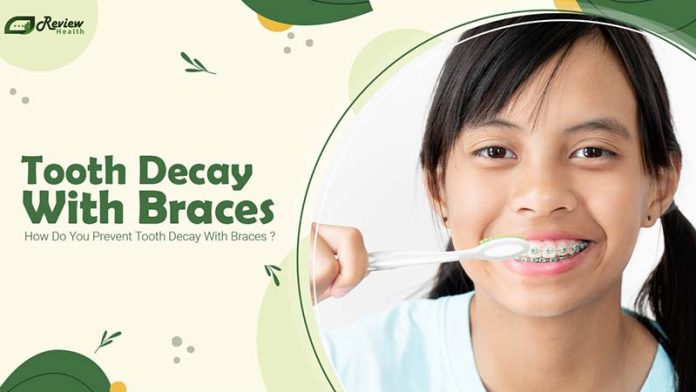Tooth decay with braces is a significant concern for those undergoing orthodontic treatment. Braces create additional nooks where bacteria can accumulate, making it more challenging to maintain optimal oral hygiene. This guide from Review Health will provide you with essential tips on how to effectively manage tooth decay and keep your oral health in top condition while wearing braces.
Knowing the Signs of Tooth Decay With Braces
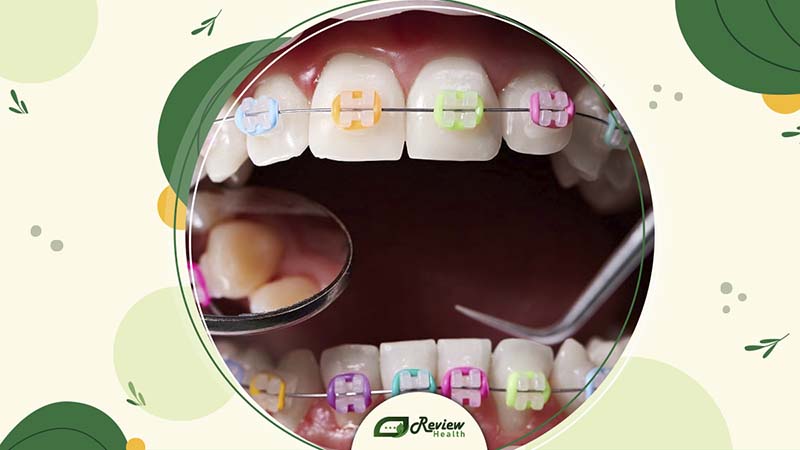
Sensitivity to Sweet
When we eat sweets or drink sugary beverages, they can sometimes give us a clue if there’s any pain coming from one of our teeth. It could be an early symptom that needs treatment by the dentist. The dentist can check for a cavity by looking at the teeth.
Toothache
If you’re experiencing dull or throbbing aches that increase each day, it’s time to visit your dentist. When detected early, tooth decay can be easier to treat and prevent from recurring because of the treatment options available at our practice.
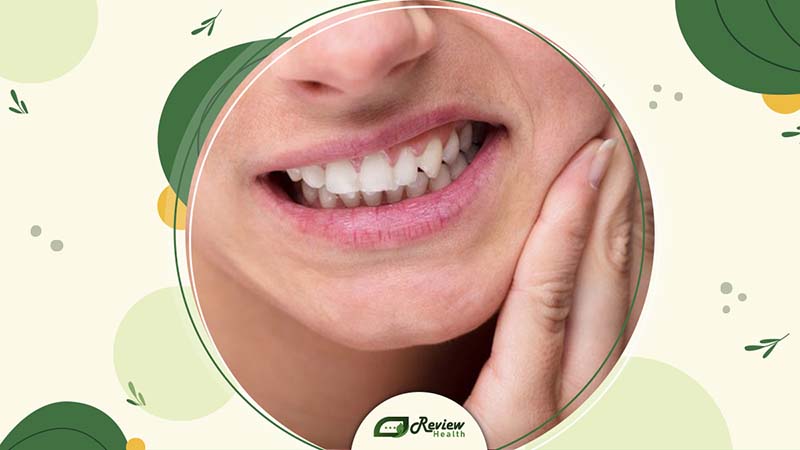
Discoloration or White Spots
White spots or discoloration on the tooth’s surface can indicate the early stages of tooth decay. These spots may be more difficult to spot with braces, but regular dental check-ups and cleanings can help identify these issues early.
Bleeding or Swelling of Gum
When you notice your gums starting to bleed and swell at the same time, it is vital to see a dentist soon. It could be an early sign of tooth decay that requires immediate treatment, or else it could cause permanent damage to healthy tissue.
Extreme Sensitivity
Experiencing discomfort when ice is added to your drink may suggest a sensitivity to cold. Conversely, if this sensation occurs only with hot foods or when dishes feel excessively hot upon skin contact, it could be indicative of cavities.
Pits on Teeth
Tooth decay is a silent disease indicated by small pits or holes in one’s teeth. These signs may not always show up right away. But if you notice any of these indicators, then please seek dental care immediately because there could still potentially exist more damage waiting to happen.
Pus around Gums
An abscess is a painful condition where pus forms in the gums around a tooth. It can develop from untreated cavities, previous dental work, or an injury to the area. This condition requires prompt attention from skilled oral health professionals. Neglecting it could lead to severe complications and make treatment much more challenging.
Notes:
- Use a small mirror to check behind the wires and brackets for any signs of cavities.
- Pick fluoride toothpaste and mouthwash to strengthen your teeth and fend off cavities.
- Think about using special brushes or water flossers for a really good clean around your braces.
How to Get Rid of Tooth Decay After Braces
To ensure your teeth stay healthy while wearing braces, we recommend the following practices:
- Use an Automatic Toothbrush: Studies indicate that automatic toothbrushes are significantly more effective at removing plaque than manual ones. During treatment, an automatic toothbrush can help you clean your teeth more thoroughly and prevent cavities.
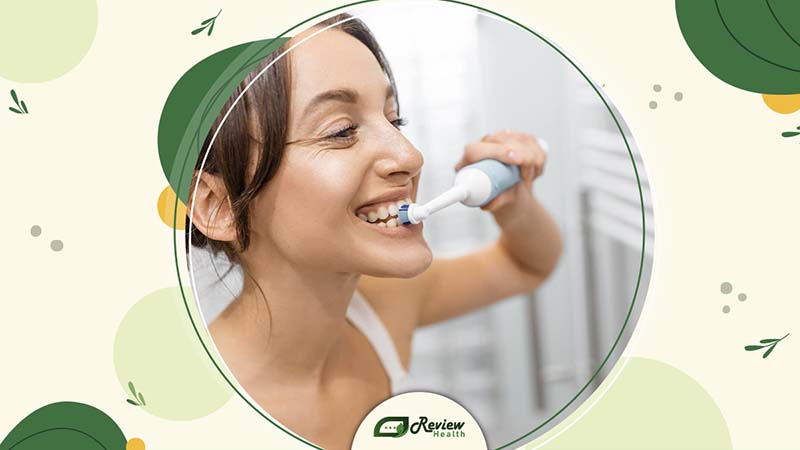
- Focus on Fully Cleaning Each Bracket when Brushing: Plaque tends to build up around the brackets of braces. To prevent this buildup, be sure to brush above, below, and between every bracket. Consider using an oscillating brush head designed for cleaning brackets for extra assistance.
- Experiment with Dental Floss Alternatives: Flossing becomes more challenging with braces, but there are alternative products available to make it easier. Thread floss and water flossers are particularly popular among orthodontic patients with braces.
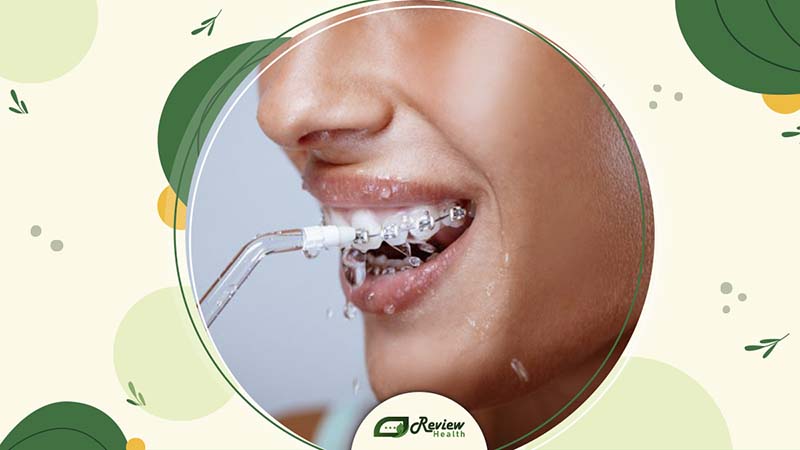
- Use Fluoridated Mouthwash Daily: Fluoride is essential for maintaining healthy and cavity-resistant teeth. Incorporating mouthwash into your daily oral care routine can help strengthen your teeth against the threat of cavities.
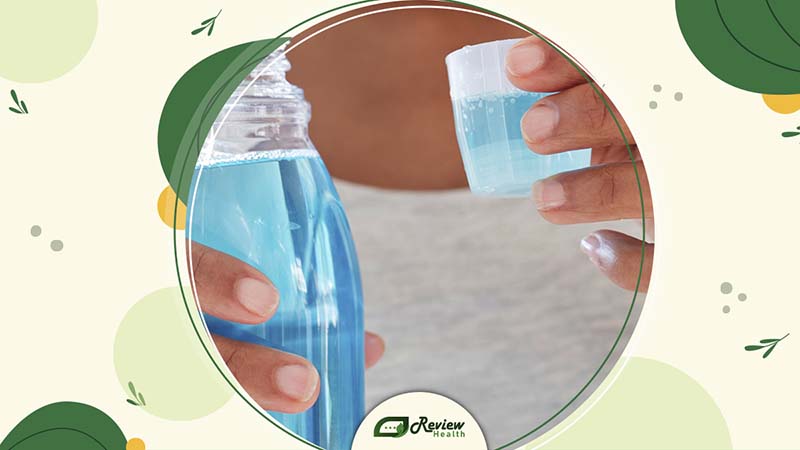
How to Prevent Tooth Decay During My Braces
Braces have a knack for trapping food particles, and if not removed properly, they can lead to a buildup of sticky debris, bacteria, and plaque, ultimately causing tooth decay. Here are some excellent dental hygiene practices to help prevent tooth decay during your time with braces:
- Use a Soft Toothbrush: It’s crucial to clean the top part of your teeth between your brackets and gums. To effectively clean the enamel, ensure that the bristles of your toothbrush touch the gums. Opt for a brush with softer bristles to avoid irritating them, and angle the brush toward the gums.
- Brush After Every Meal: Since brace wires tend to catch food debris, brushing frequently can help prevent plaque buildup. Consider carrying a travel toothbrush for convenience. If one isn’t available, rinse your mouth with water for 30 seconds. However, avoid brushing immediately after consuming acidic foods, such as oranges or sports drinks, as it can soften tooth enamel. Wait 30 minutes to an hour before brushing after such foods.
- Use Toothpaste Moderately: Too much toothpaste can create foam that makes it difficult to see plaque and debris. Begin brushing with only a wet toothbrush to clean around the brackets and wires. Instead of scrubbing, use a precise, picking motion. Then, add a pea-sized amount of toothpaste and continue cleaning.
- Avoid Sugary and Acidic Foods: These foods increase the risk of decay and erosion in your teeth. Opt for a balanced diet rich in fruits, vegetables, and lean proteins instead.
- Brush for Two Minutes: Spend 30 seconds on each part of your mouth: upper right, lower right, upper left, and lower left. Clean both the outer and inner sides of your teeth. Use a timer to ensure you brush for a full two minutes.
- Use a Floss Threader or Water Flosser: Flossing with braces can be challenging. Use a floss threader to guide floss through the wire, employing a saw-like motion to remove plaque more effectively. Alternatively, consider investing in a waterpik water flosser for quick and easy flossing.
- Clean with Mouthwash at Night: Opt for an anti-cavity, fluoride mouthwash to reduce tooth decay and protect enamel. Rinse for one minute to eliminate any remaining debris. After rinsing, check in the mirror for any missed spots.
FAQs
Can You Fix Tooth Decay With Braces?
Braces help prevent cavities by correcting teeth misalignments that make them harder to clean. They consist of brackets bonded to each tooth, with a wire and elastic bands anchoring the brackets.
How Can I Keep My Braces Clean?
- Choose the right toothbrush: An electric toothbrush or brushes designed for cleaning around braces are good options.
- Use mouthwash: Use fluoride mouthwash after brushing and flossing to kill bacteria.
- Watch your diet: Avoid sticky foods like caramel and popcorn that can adhere to braces.
- Gargle with salt water: This can help keep your mouth healthy and clean, especially after getting braces or adjustments.
Do Braces Cause Tooth Decay?
Braces don’t directly cause cavities, but they do increase the risk by making it easier for food and sugar residues to get trapped. As a result, people with braces are more likely to develop cavities than those without them.
Can You Get Braces With Tooth Decay?
Tooth decay can cause sharp pain, affecting the health of the braces and reducing pain tolerance. It’s advisable to treat tooth decay before getting braces.
Conclusion
In conclusion, it’s essential to maintain good oral hygiene to prevent tooth decay with braces, and tooth decay after braces ensure a healthy, beautiful smile. By applying the tips and practices outlined in this guide from Review Health, you can take excellent care of your braces and minimize dental problems. We’re eager to hear about your experiences and stories related to managing oral health with braces. Keep your smile bright with our expert advice on caring for your braces.

